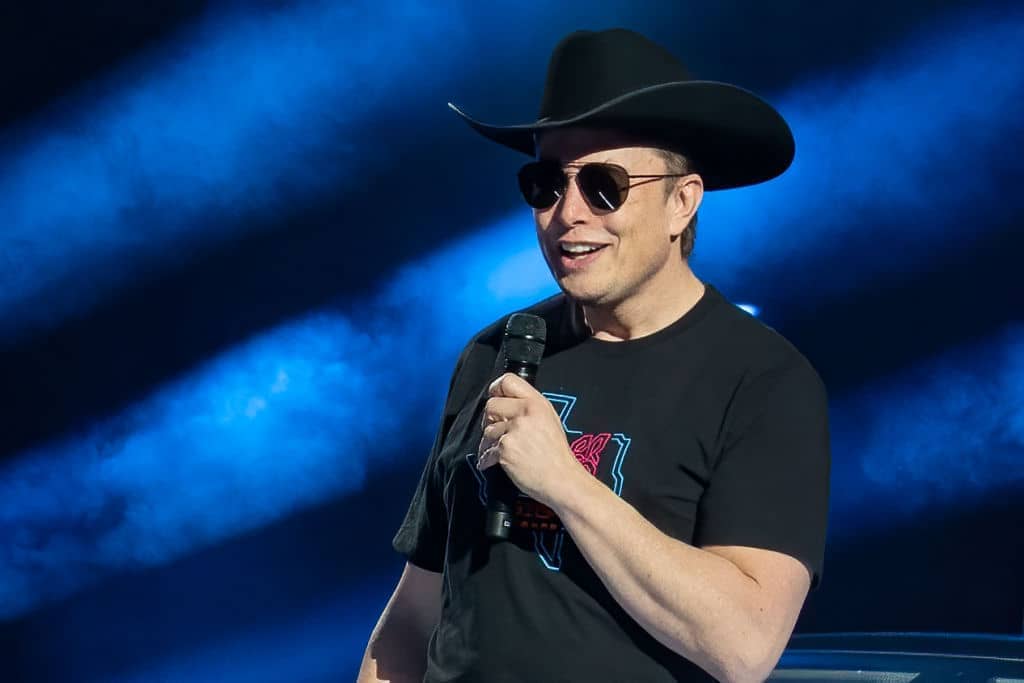If there’s one quality that defines Elon Musk other than his entrepreneurship, it’s his ability to drive his detractors mad. From this perspective, his attempt to buy Twitter is his greatest success yet. With Twitter poised to accept a buyout today, we can expect more entertainment on this front. We can also expect a significant improvement to the social network.
Musk’s motivations are twofold. Firstly, he is a passionate believer in free speech, a quality he views as sorely lacking on the platform. A commitment to enabling unfettered conversation would make it a far more interesting place to be. Secondly, and relatedly, he thinks he can run it better than the current management. Given his track record disrupting other industries, it would be a brave man who bets against him.
Twitter acts as a de facto coordination point for elite opinion. How could it not?
These relatively mild ambitions have provoked gloriously, beautifully barmy responses. Twitter is ‘too important to be owned and controlled by a single person’, not ‘just another social media platform’. Elon’s takeover wouldn’t just change the tone of the platform: ‘for democracy to survive, we need more content moderation, not less’. And if he lets Trump back on, it could be ‘a death blow to the free world’.
Goodness. Well, there is at least some cheer for those concerned by the move. As those on the right of the political spectrum have been repeatedly told, Twitter is just a private company that has no obligation to offer its platform to you, and if you don’t like that then you can just go and build your own. Well, go on then. Twitter is a private company. Elon Musk wants to buy it. If you don’t like that, then you can just go and build your own.
Views on this topic have changed in an interesting and predictable way since that well-worn line was trotted out in response to Musk’s observation that ‘Twitter serves as the de facto public town square’. The answer to the question ‘why are people so upset?’ is effectively the same as the answer to the question ‘why does Elon want to buy it anyway?’: Twitter is a fantastic tool for narrative coordination.
This view isn’t expressed in exactly these terms. Instead, you’re more likely to hear about the menace unbridled free speech could pose by promoting the far right or far left, or by giving reign to bias and bigotry. But these arguments in turn effectively work on the presumption that to deplatform someone’s view from a website – or to at least diminish it – reduces its political salience.
This makes perfect sense, as Twitter acts as a de facto coordination point for elite opinion. How could it not? If you produce a forum where journalists, academics, politicians, and policy wonks debate with each other constantly, form snap judgements, share opinions and information, receive feedback, and then turn the product of these discussions into articles, statements, and eventually policy, it will end up playing a significant role in opinion formation. And if you can exercise control over what material is promoted and permitted, you can do a great deal to sway this process from one side to the other.
This is also the reason why ‘just build your own’ always rang hollow; the utility of a social network is directly related to how many people use it. If everyone has coordinated on Twitter, then unless you can somehow bring a vast quantity of the most influential users with you then your new product is doomed to start from the off.
The objection to Elon Musk buying Twitter is not so much that this ability would reside with one person, but that it would reside with the other side of the aisle. And there’d be nothing to do about it but wait for time and entropy to topple Twitter on its own.







Comments